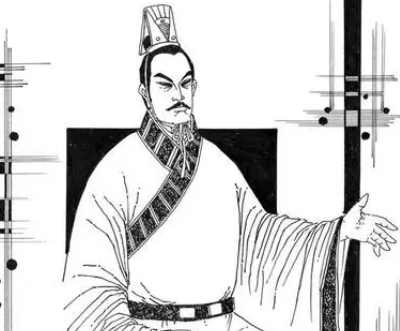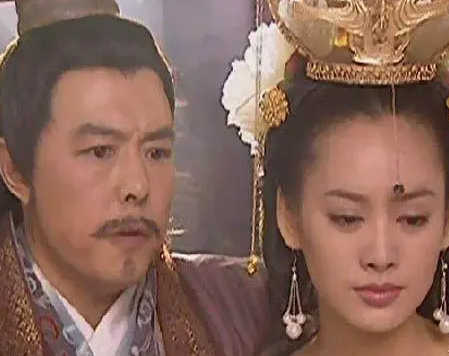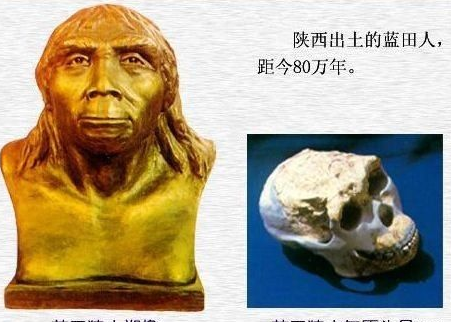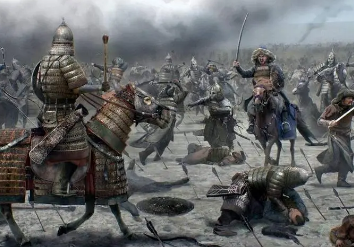What kind of emperor was Shunzhi in history? Can he be considered a good emperor?
Shunzhi was a famous emperor of the Qing Dynasty, who made many achievements and contributions during his reign. However, there are different views and controversies about whether he can be regarded as a good emperor in history. So, is Shunzhi really a good emperor? Let's analyze it in detail.

Firstly, Shunzhi implemented a series of beneficial policies and reforms during his reign, which promoted the stability and development of the Qing Dynasty. He took many measures to strengthen centralization, weaken local power, and improve the quality of officials. These policies and reforms laid a solid foundation for the development of the Qing Dynasty, making Shunzhi leave an important mark in history.
Secondly, Shunzhi was also very concerned about people's livelihood and the hardships of the common people. He took a series of measures to improve people's living conditions, such as reducing tax burdens, building water conservancy projects, and establishing education. These measures greatly improved people's lives and laid a good foundation for the long-term stability and security of the Qing Dynasty.
However, Shunzhi also had some shortcomings. For example, his attitude towards the Han Chinese was complicated during his reign, with both support and restrictions. In addition, he also had some personal flaws, such as a penchant for luxury and sensuality. These flaws may affect his image and reputation.
In summary, the question of whether Shunzhi can be regarded as a good emperor is not black and white. He had some advantages and achievements, but also some deficiencies and flaws. We should evaluate historical figures objectively and view their actions and deeds from multiple perspectives. Only by doing so can we better understand history, understand reality, and look forward to the future.
Disclaimer: The above content is sourced from the internet and the copyright belongs to the original author. If there is any infringement of your original copyright, please inform us and we will delete the relevant content as soon as possible.
Guess you like it

Guo Tai, a wise man during the Eastern Han Dynasty

When did the Warla perish? Who destroyed the Warla?

The masterminds behind the Qin State: Lady Huayang and Lu Buwei

Is the Lantian Man really earlier than the Peking Man? How is it recorded?

Dou Yifang and Liu Heng: A love story spanning thousands of years

How do you pronounce "Wǎlà"? What is the correct pronunciation of "Wǎlà"?

What is the relationship between Qin Shi Huangs death and Zhao Gao? What is the statement?

What does Lantian Man look like? What is their appearance?

What are the poetic lines related to General Li Guang, the Flying General? How to appreciate them?

What nationality are the Warla people? What does the term "Warla" mean?









